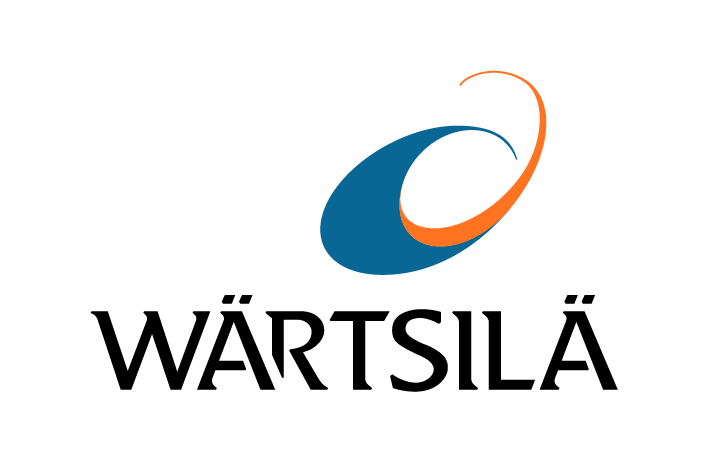Dive Brief:
- The Minnesota Public Utilities Commission on Friday unanimously approved the $6.2 billion sale of Allete to the Canada Pension Plan Investment Board and Blackrock’s Global Infrastructure Partners, finding the benefits of the deal to ratepayers outweighed the risks of private equity ownership.
- “It's pretty clear that because of the collective work of the agency, of us, our staff, the process we've engaged in, in a public and legal manner, we have made the petition better, and it will be to the betterment of Minnesota Power customers,” Katie Sieben, Minnesota PUC chair, said.
- Duluth, Minnesota-based Allete — parent to Minnesota Power and Superior Water, Light and Power — expects the deal will close later this year after the PUC issues a written order.
Dive Insight:
In part, the review of the deal focused on whether it was in the public interest to let Allete be bought by private equity. And it came as GIP is reportedly in talks to buy AES Corp., which owns AES Indiana and AES Ohio, and Blackstone Infrastructure is seeking to buy TXNM Energy, the parent company of utilities in New Mexico and Texas.
A Minnesota administrative law judge in July said the risks of the Allete deal outweighed the benefits, and recommended that the PUC reject the deal.
“People voiced very serious concerns about private equity as a broad category taking ownership of one of our public utilities,” PUC Commissioner Audrey Partridge said at the meeting. “Private equity has a bad reputation.”
However, in July, the parties to the deal reached an agreement with the Minnesota Department of Commerce that set a series of conditions on the transaction, such as requiring CPP Investments and GIP to fund Allete’s $5 billion, five-year capital plan and provide $50 million for firm clean power. Overall, the deal’s benefits to ratepayers totals about $200 million, according to Allete.
Also, under the agreement, Minnesota Power would freeze its base rates for a year and reduce its return on equity from 9.78% to 9.65% until the utility’s next rate case. It includes a 9.78% ROE cap through 2030. Other measures in the agreement set quality of service, reporting and governance requirements.
PUC commissioners said those provisions helped allay some concerns about the transaction.
“The benefits in the near-term, the medium-term clearly outweigh the status quo,” Commissioner Joe Sullivan said. “I still do have concerns in the out years … 10, 15 years from now.”
CPP Investments and GIP can help Allete manage risks such as wildfires, according to PUC Commissioner Hwikwon Ham. If Allete’s owners “misbehave,” the PUC can deal with any issues in a rate case, he said.
The deal was announced in May 2024 and opposed by groups such as the Citizens Utility Board of Minnesota, a group of large industrial customers and the Sierra Club. Supporters included the Minnesota Chamber of Commerce, the International Brotherhood of Electrical Workers Local 31 and the Laborers’ International Union of Minnesota & North Dakota.
Minnesota Power has about 150,000 retail electric customers and 14 municipal utility customers in Minnesota, according to Allete’s latest annual report. Industrial sales made up 56% of Minnesota Power’s electric sales last year. Superior Water, Light and Power has about 15,000 electric customers, 13,000 natural gas customers and 10,000 water customers in Wisconsin. Wisconsin regulators approved the deal in March.
Minnesota Power owns 1,630 MW of generation, including 820 MW of coal-fired capacity. Minnesota Power expects to retire its two coal-fired units by 2030 and 2035, respectively, according to the annual report.
Allete Clean Energy, an Allete subsidiary, owns about 1,250 MW of wind. It sells power from the facilities under power purchase agreements.















